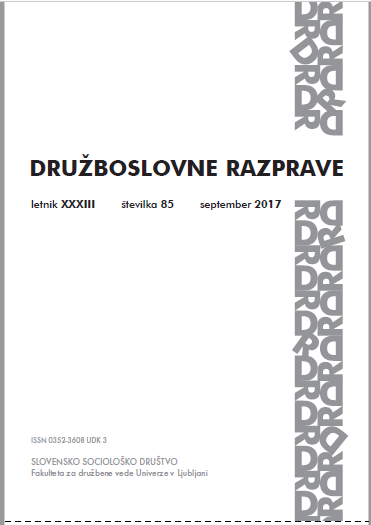THE POST-COMMUNIST RENEGOTIATION OF SLOVENIAN NATIONAL SYMBOLS
THE POST-COMMUNIST RENEGOTIATION OF SLOVENIAN NATIONAL SYMBOLS
Author(s): Veronika BajtSubject(s): Political history, Post-Communist Transformation, Politics of History/Memory, Politics and Identity
Published by: Slovensko sociološko društvo (in FDV)
Keywords: Yugoslavia; National symbols; Post-Communist period; Collective memory;
Summary/Abstract: This article explores how Slovenian collective memory and national identity have been renegotiated by post-communist political elites through the adoption of new state symbols in the light of changes connected to the collapse of communist ideology, the breakup of Yugoslavia, and the establishment of an independent Slovenian state. Concentrating on the ways state imagery is legitimated as representing the nation, the analysis discusses the post-1991 reorganization of Slovenian national symbols. I argue that, by analysing the adoption of a new state flag, coat of arms, and national anthem, the official national identity re-conceptualization shows how Slovenian national memory became redefined as the new state memory, which resulted in nationalizing state practices and policies.
Journal: Družboslovne razprave
- Issue Year: 33/2017
- Issue No: 085
- Page Range: 15-33
- Page Count: 20
- Language: English

